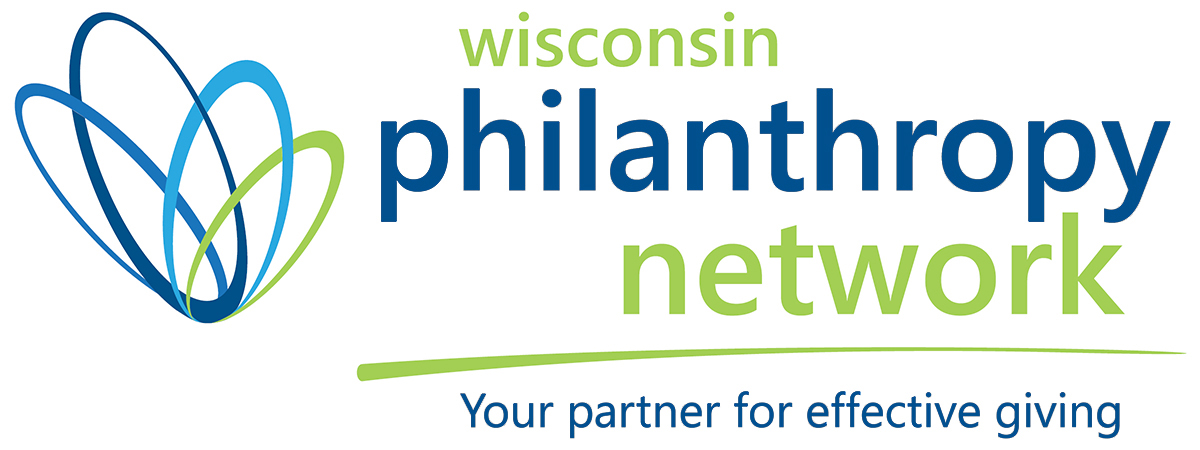As a community of grantmakers advocating for philanthropy to put nonprofits and communities at the center of our work, we at GEO think the most important questions grantmakers should be asking center around how you can change your practices to be of greater service to your grantees and others serving communities during this time of crisis and beyond. We are heartened to see grantmakers signing pledges to embrace smarter, trust-based grantmaking practices, calling for increased funding and operating in ways that previously felt impossible for some. However, these practices are not only needed during times of crisis. We can make permanent changes that shift more power to people working on the ground to strengthen communities.
When the pandemic passes and the economic crisis eases—acknowledging that this recovery may take years—we should not expect to return to “business as usual.” The status quo was not working. Persistent systemic disparities will exist throughout this recovery in a way that will complicate and prevent a full, speedy recovery for marginalized communities. Some of our colleagues have already named ways funders can use a racial justice lens to address racism against Asian American communities and the disparate impacts of the pandemic we’re already seeing in Black, Native and Latinx communities. When grantmakers operate in traditional, transactional ways, we perpetuate inequitable systems and work against the goals we share with nonprofit and community partners. We need to embrace a new way of operating for the long haul.
GEO provides resources, peer communities and programs to support grantmakers in shifting cultures to embed better practices throughout our work. If you’re seeking inspiration to help you create change, here are some examples of smarter grantmaking during the COVID-19 and economic crisis, along with resources to help you get started.
Read the full post here.




